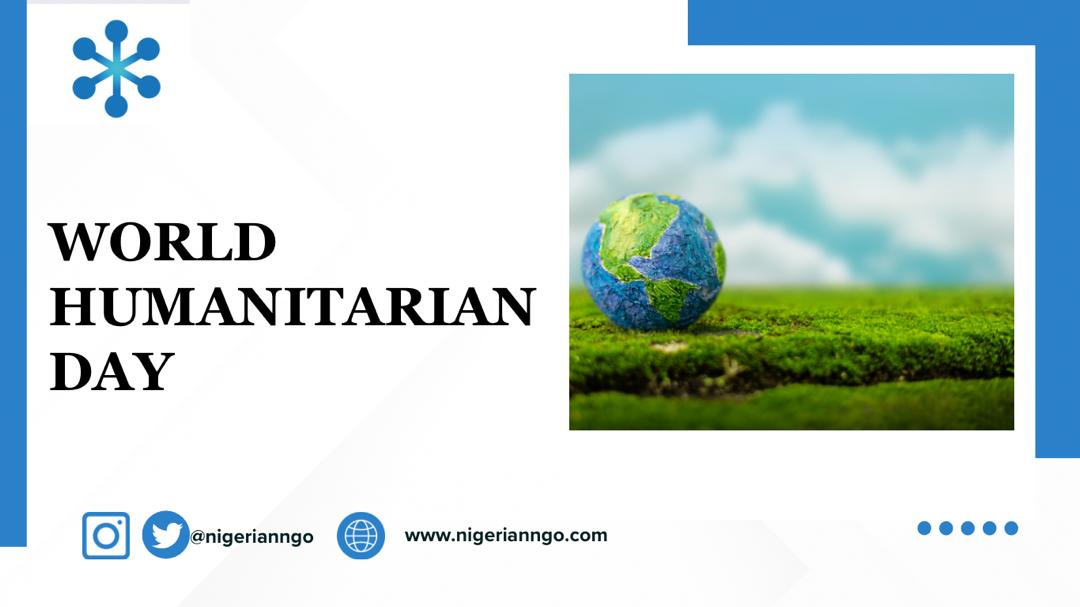Humanitarianism is a belief system that emphasizes the intrinsic value of human life, driving individuals to offer compassionate assistance to others in need. This ideology is grounded in the desire to alleviate suffering and improve the overall well-being of humanity for moral, altruistic, and emotional reasons.
Humanitarians are often found working in regions ravaged by conflict or disaster, where they strive to meet the most basic needs of those in extreme hardship, providing essentials such as food, water, shelter, and protection.
The core principles guiding humanitarian action are humanity, neutrality, impartiality, and independence.
World Humanitarian Day, observed annually on August 19, honors humanitarian workers and those who have lost their lives in the line of duty. It is also a day to acknowledge the bravery and contributions of those who risk their lives to help others, while advocating for their safety and highlighting the critical role of humanitarian efforts in easing human suffering.
The day marks the anniversary of the 2003 bombing of the Canal Hotel in Baghdad, Iraq, which claimed the lives of 22 humanitarian workers, including Sergio Vieira de Mello, the UN Special Representative of the Secretary-General for Iraq. In response to this tragedy, the United Nations General Assembly declared August 19 as World Humanitarian Day five years later.
Each year, World Humanitarian Day revolves around a specific theme, uniting partners from across the humanitarian community to promote the survival, well-being, and dignity of people affected by crises, as well as the safety and security of aid workers.
The United Nations Office for the Coordination of Humanitarian Affairs (OCHA) and its partners spearhead the campaign. This year’s theme, “Act for Humanity,” calls for urgent action to protect civilians and humanitarian workers from violence and to hold accountable those responsible for attacks on these groups.
Prominent organizations involved in humanitarian aid include the International Committee of the Red Cross, Oxfam, the World Food Programme (WFP), Action Against Hunger, UN Women, UNICEF, and the World Health Organization (WHO).

